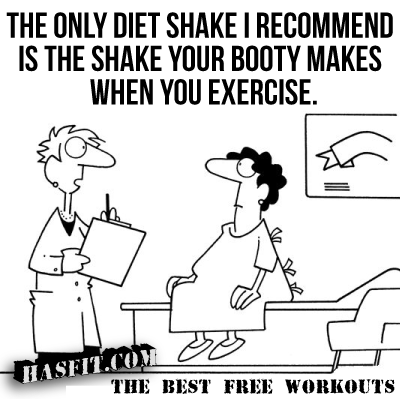Last Thursday I did a full-day intensive seminar with Registered Dietician and sports nutrition expert, Nancy Clark.
She's been a top name in the field for a long time, and I've had one of her books on my shelf for years, so I was very excited about getting a spot. Although she has many 'regular folk' like you and I who see her, she also has a lot of clients who are elite athletes. Currently, she is the dietician for the Boston Red Sox.
The session didn't turn out to be quite what I expected, but that's because, as she explained, neither has her career. She said that when she entered the field of sports nutrition, she didn't expect to spend so much of her time dealing with disordered eating and clinical eating disorders, but, unfortunately, this is the reality.
So much of the discussion and info she shared was about weight loss strategies and disordered eating, but that is actually more applicable to my counselling practice, so I wasn't disappointed.
One of the most common mistakes she sees among women in her practice (and some men), whether they are athletes or not, is that to lose weight they cut calories by under eating during the day and then in the evening, feeling tired, starving and deprived, they lose control and binge eat. Then they compensate by under eating the next day and the cycle continues. I see this in my practice all the time!
Hunger always wins, is Clark's saying, which is essentially what I always tell my clients: you are fighting biology!
The key is to never let yourself get too hungry, and for that reason, Clark recommends that everyone, again, regardless of whether or not you are an athlete, eat 4 meals a day, 4 hours a part. She says if you aren't hungry for 4 meals, skip the last one of the day, but never skip the others. I couldn't agree more!!
Basically, you figure out your optimal calorie intake (whether you are trying to gain weight, lose weight or improve athletic performance, this strategy can work), and then divide it between 4 meals.
She encourages her clients to include their favorite foods, even if that's donuts, ice cream, etc., so these foods lose psychological power. For many folks, after even a few days of including these foods in their meals, they actually get sick of them, or a the very least, realize they're not as yummy as they thought, or they don't feel as good when they eat them and eventually they voluntarily cut down on how frequently they eat them without feeling deprived.
Her take on carbs is that they are absolutely essential for active people, but that sedentary people need far less. You should, of course, eat the good ones (whole grains, potatoes, etc.).
Clark doesn't believe in sports nutrition products like protein powders, stimulants, etc. and prefers her clients to eat real food. In terms of hydration, water is just fine, and even Gatorate type things are unnecessary, except for extreme endurance training. She doesn't recommend any restrictive diets including Paleo, etc. but believes a balanced vegetarian or vegan diet is absolutely possible and just fine, even for elite athletes.
The mistake a lot of athletes make, even male ones, is that they think losing weight will help their performance. This isn't always the case. She said their attempts to do so, particularly if they drastically cut calories, often backfires, not only in terms of weight-loss, but in terms of performance.
Admittedly, I didn't learn all that much that I didn't already know, but it is good to know that I know my stuff and am steering my clients in the right direction.
No surprises here, right? Eat real food, eat at regular intervals, and eat the appropriate amount of calories to support your goals and activity levels. Duh!
So why am I writing about all this if its nothing really new? Well, first you may notice it seems contradictory with my experience the day before with an NHL coach developing a whole line of protein powders and sports nutrition products for his athletes! We're going to discuss contradictions and confusion about nutrition later on...stay tuned!!

Comments
Post a Comment